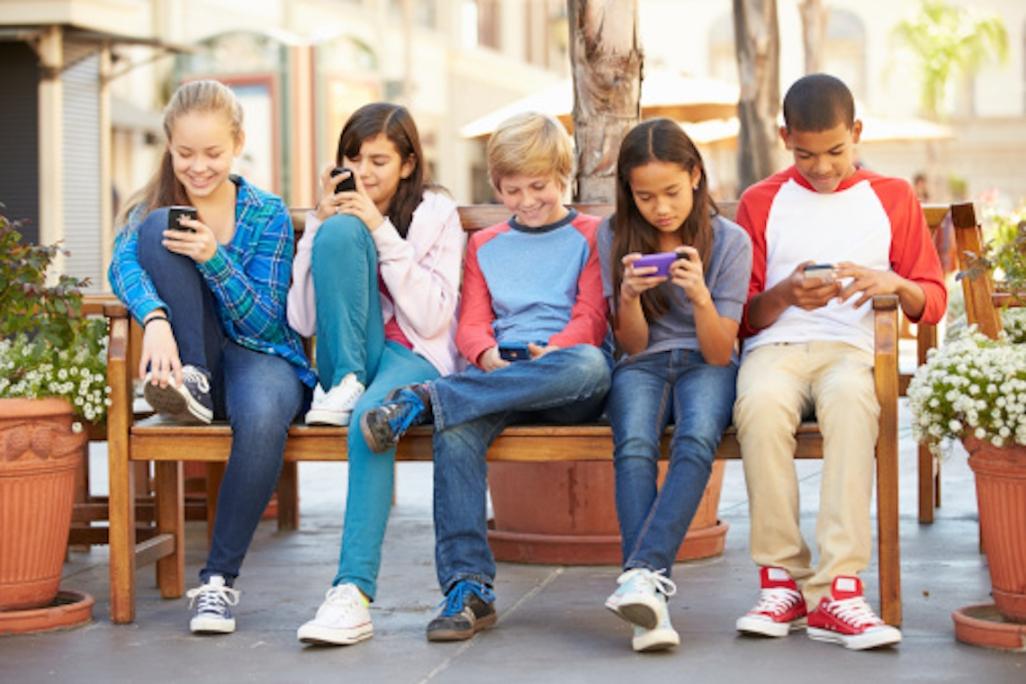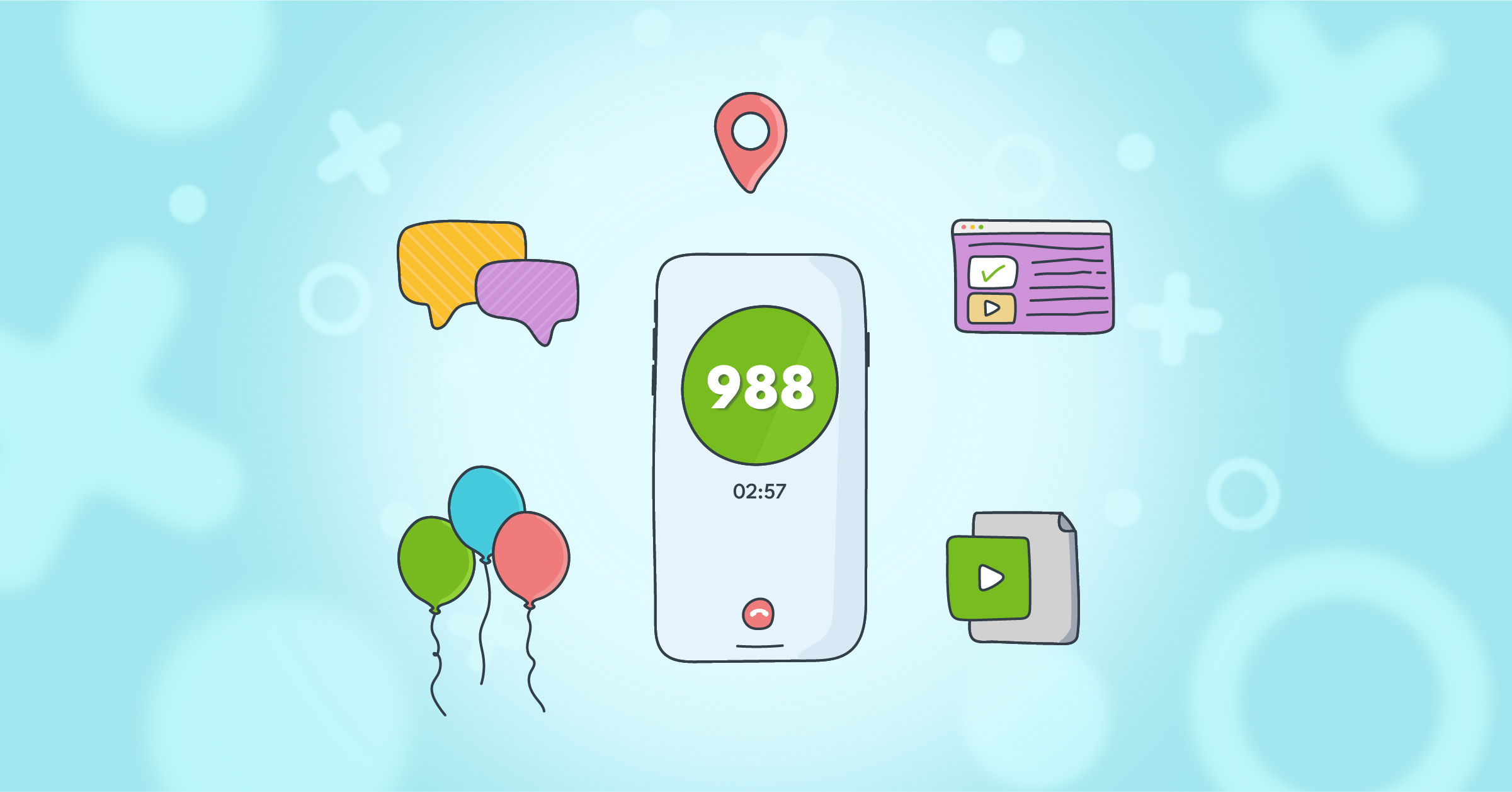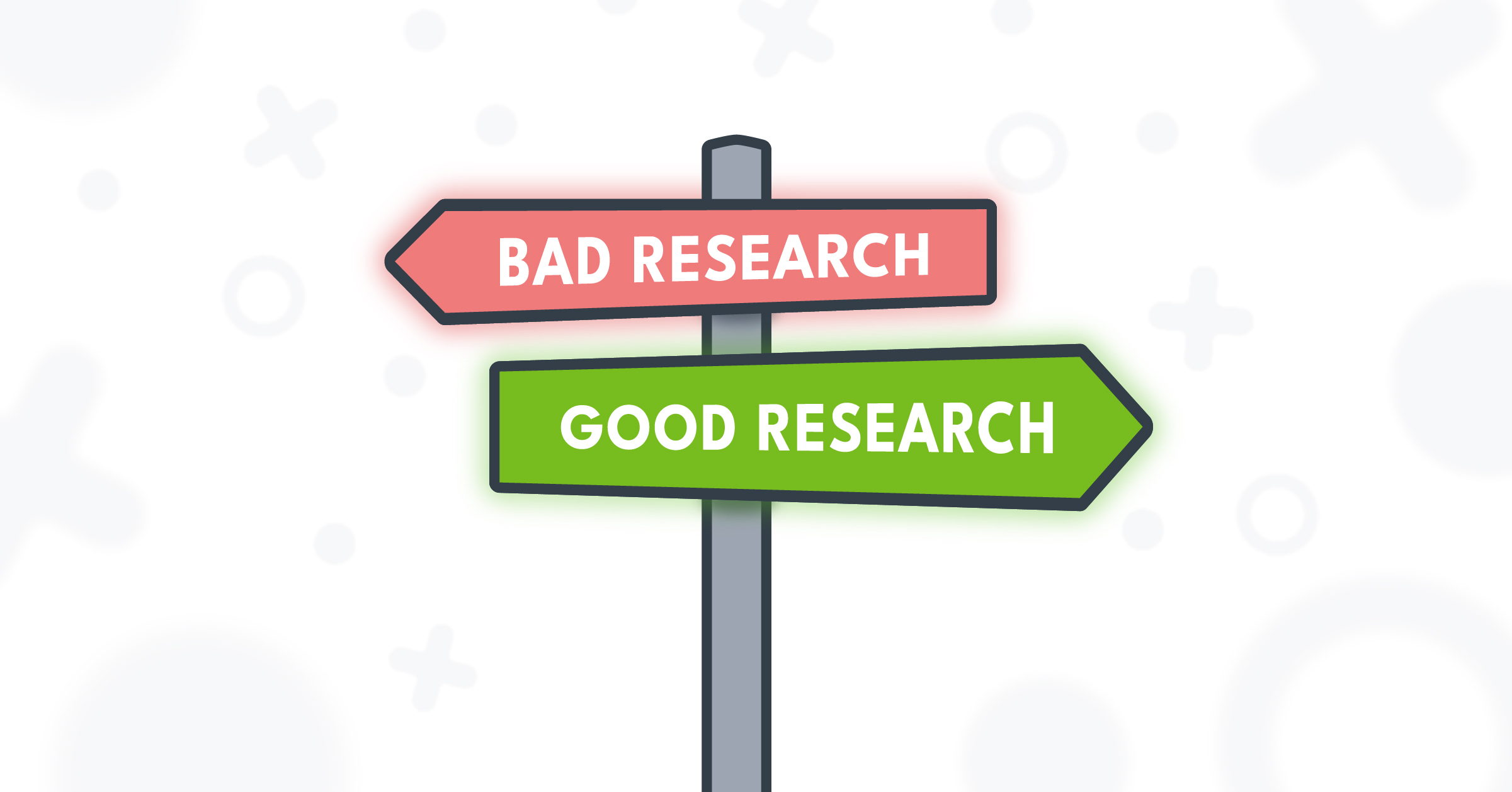
Are You Ready for Gen Z?
You’ve surely heard all about Millennials and how they ruin everything. Now it’s time to meet the new kid on the block — Generation Z.
Following in the footsteps of two baby boom generations — the original boomers and the more recent Millennials — Gen Zs have only recently begun to grab the spotlight. Researchers haven’t even yet come to agreement on precisely when Generation Z begins or ends.
But the oldest of these post-Millennials — born somewhere in the mid-1990s — are now coming of age and within five years, they’re projected to become the fastest-growing demographic in both the workplace and the marketplace. Here are four key ways they are different from their older siblings and parents:
- Digital natives. While Millennials can reminisce about days of dial up Internet and embarrassing AIM screen names, most Gen Zs will not be able to recall a time when iPhones didn’t dominate the market. One of the most defining characteristics of Gen Z is that they’re the first generation of truly digital natives. Born multitaskers, they expect continuous feedback and fast results. (If you thought Millennials had no attention span, just wait.) And unlike boomers (creatures of habit) and Millennials (big on brand loyalty), Gen Zs are willing to quickly move on to the next new thing. So Snapchat and Instagram might be the best places to find them now, but only until something else is invented.
- People as brands. Coming of age in a world of social media influencers, Gen Zs have mastered the art of curating their social personas; for many teens today, having two separate Instagram accounts is the norm. Sixty percent of this cohort believes that everyday people can be brands and only 25 percent don’t edit photos before they post them online.
- Behind the happy face. The flip side of this constant exposure to unrealistic expectation is that it leaves Gen Zs feeling understandably insecure. Fifty-nine percent report worrying about the way they look, and 30 percent don’t go to they gym because of that insecurity.
- Diverse and global. While this generation is the largest, it is also the most diverse — projected to be the last generation that is mostly white. Gen Zs have grown up with diverse friends, as well as instant and often personal access to the stories of people around the world. As a result, 78 percent say they want to learn more about other cultures and 66 percent say they like to be surrounded by people different from them. This means it’s more important than ever to create branding and messaging that relates cross culturally, and does it authentically.
This is just our first peek at emerging trends with our newest generation. This will definitely be an interesting group to follow as they grow up, start to leave home, and develop their own opinions and habits. We can’t wait to see which industries they’ll ruin.
Francis Diaz is a Planner at Marketing for Change.





